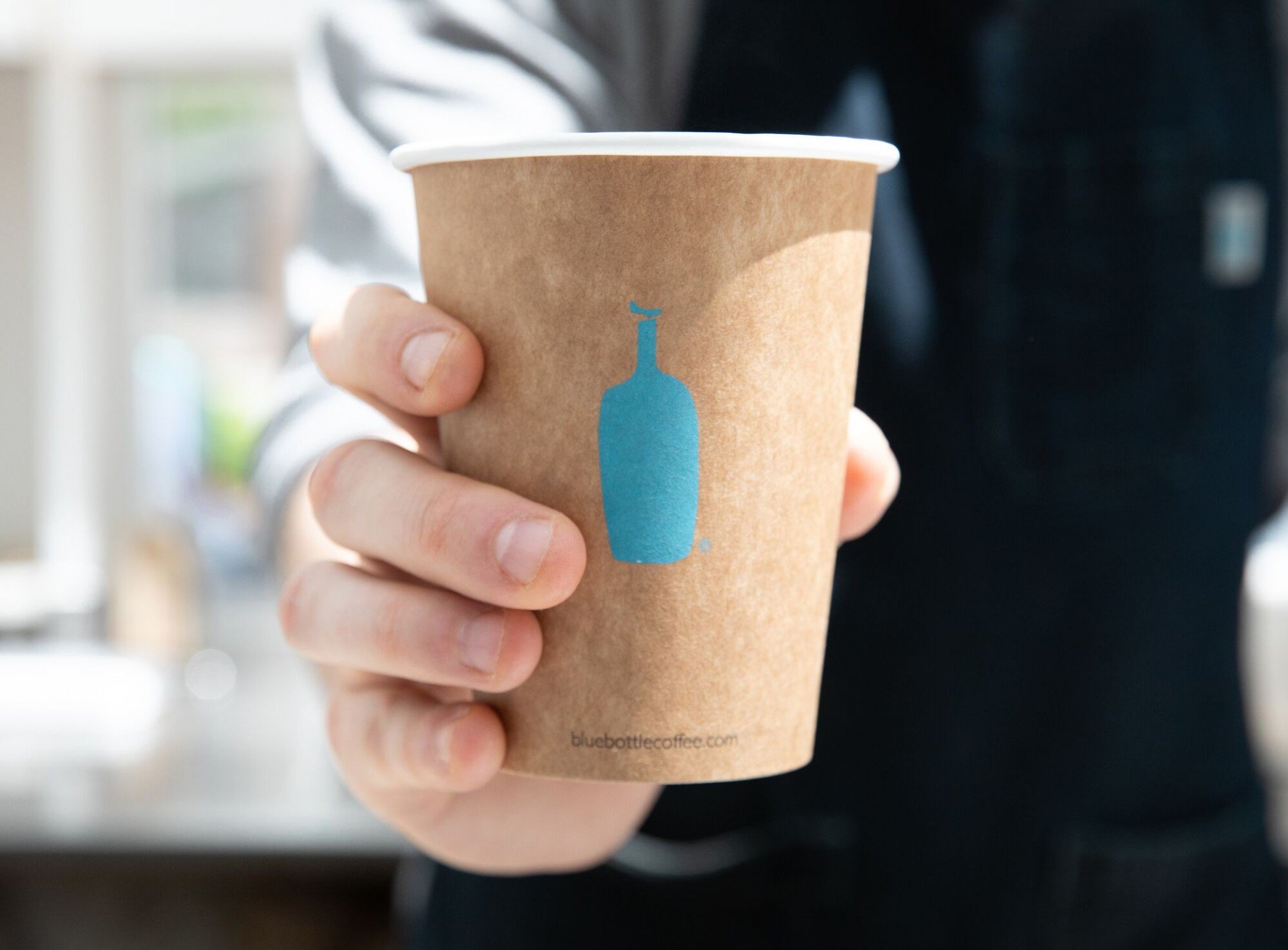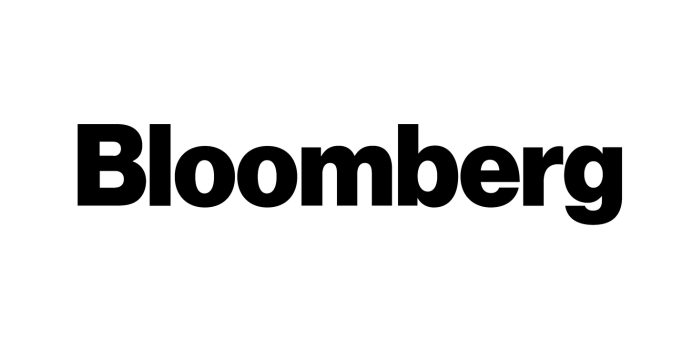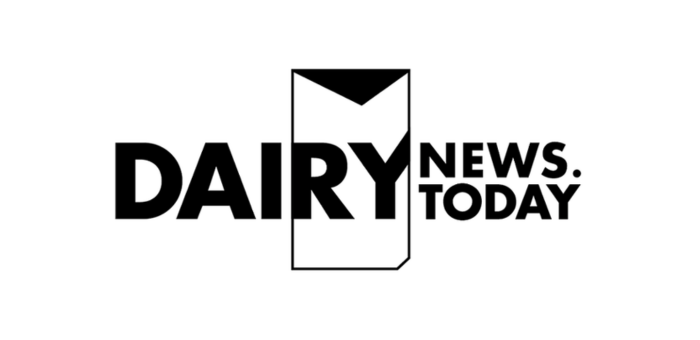
We’re tired of being chargeD a tax on
non-dairy milk.
Aren’t you?


beans of steel
These chains have dropped the non-dairy tax.
Some have even made plant-based milk the default. Nice.
latte losers
These chains are stuck in the dairy dark ages.
They charge extra for non-dairy milk. Pffft.
AS FEATURED IN
“removing the extra charge for plant-based milks waS a natural evolution for us — one that has been embraced by our customers!”
- Gregorys Coffee Director of Marketing René Puerta
“By removing the extra charge for non-dairy milks, we’re embracing all the ways our customers enjoy their Starbucks.”
- Starbucks CEO Brian Nicchols
drop the tax
drop the tax
why should coffee chains drop the non-dairy milk tax?
The non-dairy milk surcharge is outdated and unfair. It punishes customers for having an ethical or sustainable preference and for their allergies or lactose intolerance.
Are companies just greedy? Beholden to Big Dairy? What’s the deal, coffee makers? Drop the upcharge!
-
Higher dairy consumption is associated with increased risks of cardiovascular disease and stroke; prostate, breast, and liver cancer; and overall mortality.
-
For the millions of Americans who are allergic to dairy, the consequences of consuming milk can be severe. They include difficulty breathing or swallowing; drops in blood pressure; rashes, vomiting, and diarrhea; and even death.
-
When ordering coffee at many shops, 50 million lactose-intolerant Americans face a choice: pay up to $1.50 more for non-dairy drinks or take their chances with nausea, diarrhea, bloating, gas, and abdominal pain.
-
U.S. dairy accounts for approximately 2% of total GHG emissions, 5.1% of water use, and 3.7% of U.S. farmland.
is the upcharge unjust ?
Charging more for non-dairy milk could be considered discrimination.
Non-dairy milk upcharges disproportionately harm customers of color and those who can’t digest lactose. About 50 million Americans are lactose intolerant, including 80% of Black Americans, 90% of Asian Americans, and 50% of Latino Americans.
In fact, a number of major coffee chains have faced or are currently facing lawsuits alleging their pricing practices are discriminatory.
“As someone who is lactose intolerant, I’ve kind of gotten used to paying $0.50-$1.50 extra to have an alternative milk in my lattes. But recently I went to a coffee shop that charged $1.50 for A SPLASH of oat milk, and I’m honestly over the greed.”
compared to non-dairy milK, dairy milk requires:
3x more ghgs
10X more LAND
20X more WATER
what’s STARBUCKS’ #1 SOURCE OF CARBON EMISSIONS ?
PACKAGING
EQUIPMENT
WASTE MANAGEMENT
SUPPLIES
ROASTING
DAIRY
LIGHTING
MARKETING
FERTILIZER
LABELING
APPLIANCES
PROCESSING
DELIVERIES
HEATING
COOLING
FOOD STORAGE
HULLING
OFFICE OPERATIONS
WASTED GROUNDS
SHIPPING
SINGLE-USE PLASTIC
MILLING
CLEANING
ESPRESSO MACHINES
ELECTRICITY
FOOD WASTE
GRINDING
PACKAGING WASTE
Take it from them
-

"Alternative milks will be a big part of the solution. The consumer-demand curve is already shifting."
Starbucks
-

"we estimate dairy to be a leading source of emissions from our cafe operations."
Blue Bottle Coffee
-

“The plant milk surcharge always felt unnecessary and an abnormal business practice.”
Stumptown Coffee VP Jon Perry
ready to push the coffee world into the 21st century?
Sources
Dehghan, Mahshid, et al. "Dairy Product Consumption and Cardiovascular Disease: Pooled Analysis." European Journal of Preventive Cardiology 30, no. 3 (2023): 219–27.
Ali, Fawzia, and Yoon-Seok Lee. "Milk Proteins and Prostate Cancer." International Journal of Disease Reversal and Prevention 3, no. 1 (2021).
Loma Linda University Health. "Dairy Milk and Prostate Cancer Risk." May 11, 2022.
Nuffield Department of Population Health. "Dairy Products and Cancer Risk." University of Oxford, September 8, 2022.
Innovation Center for U.S. Dairy. “Dairy's Environmental Footprint.” July 2022.
Ritchie, Hannah. "Dairy vs. plant-based milk: what are the environmental impacts?." Our World in Data, 2020.













